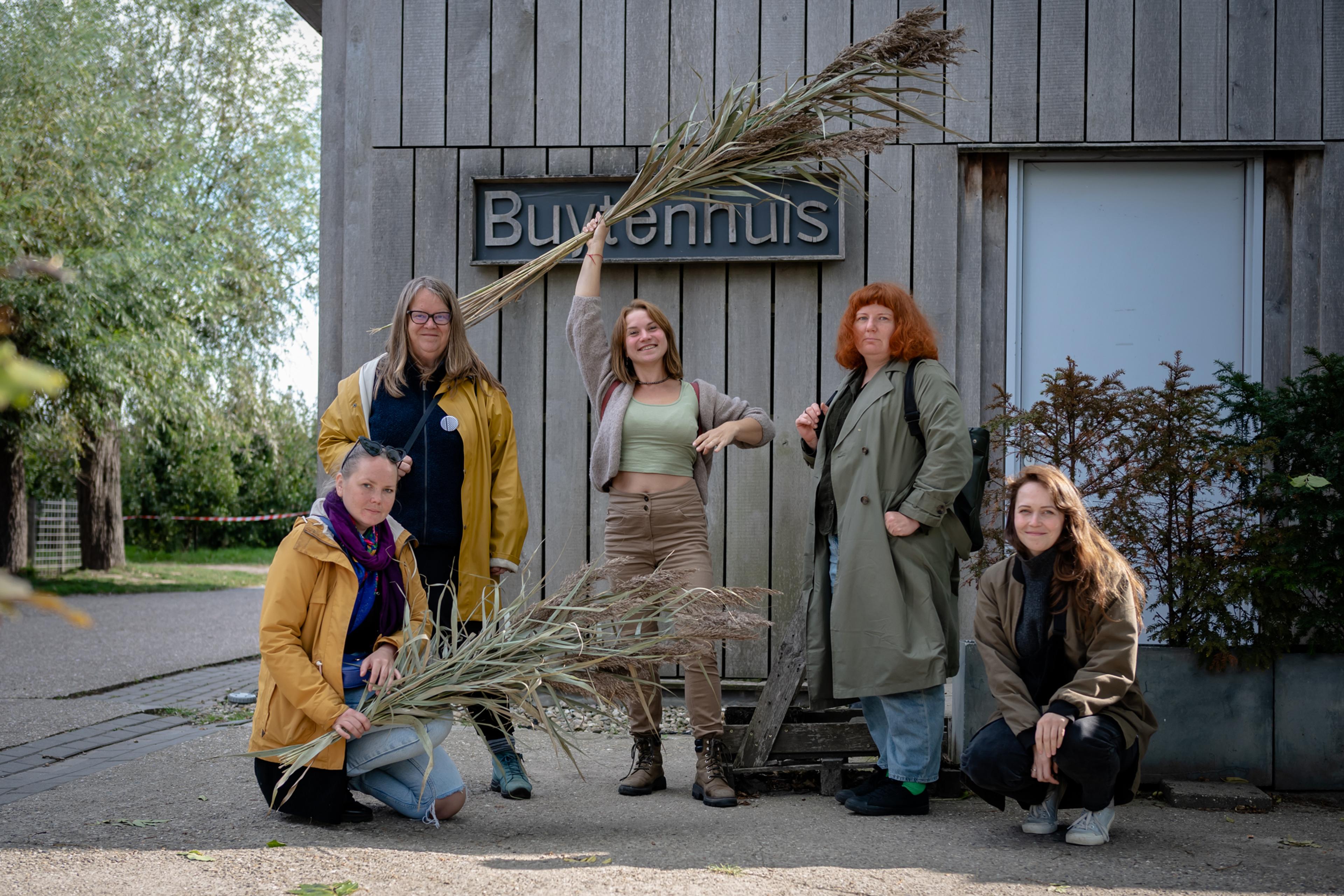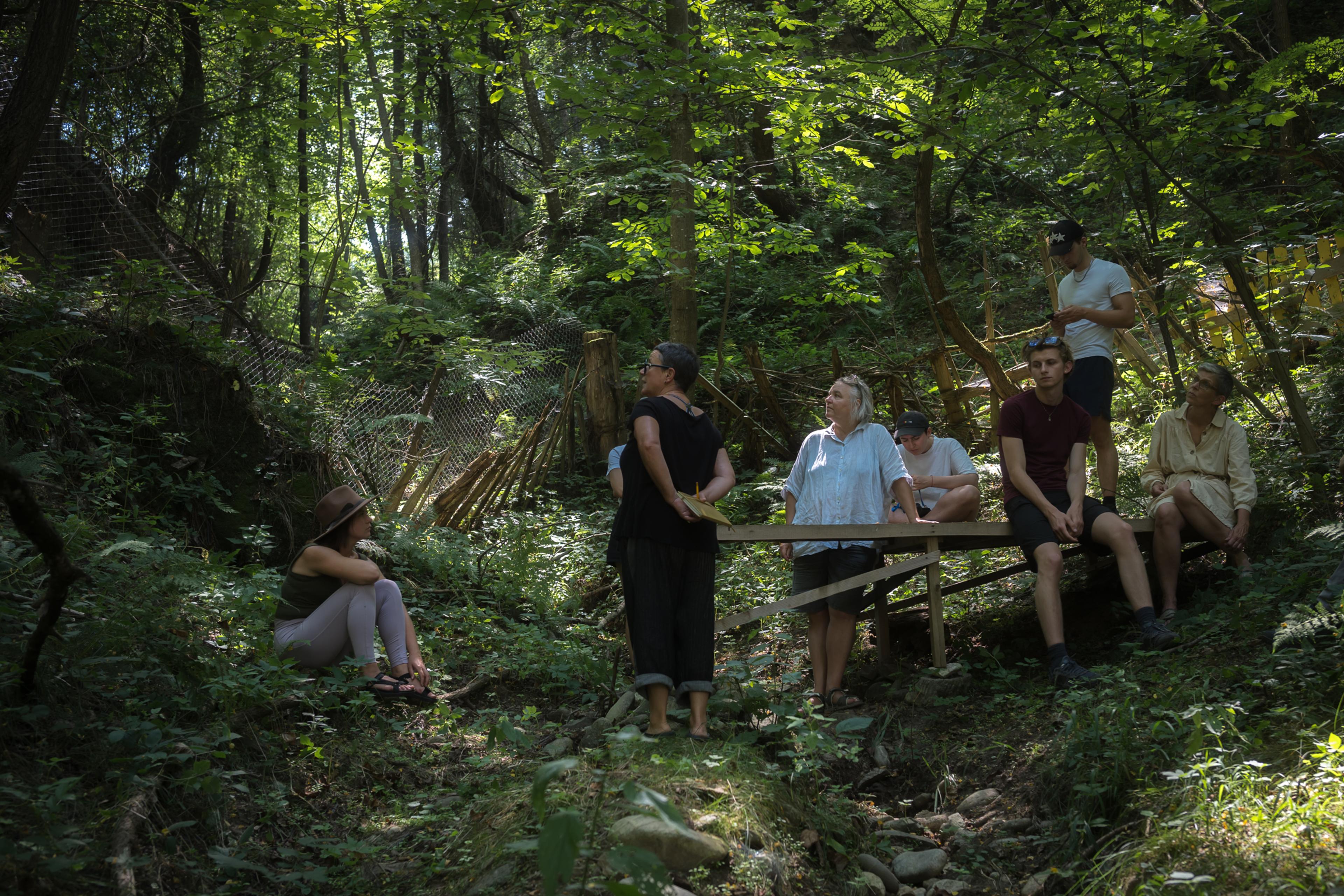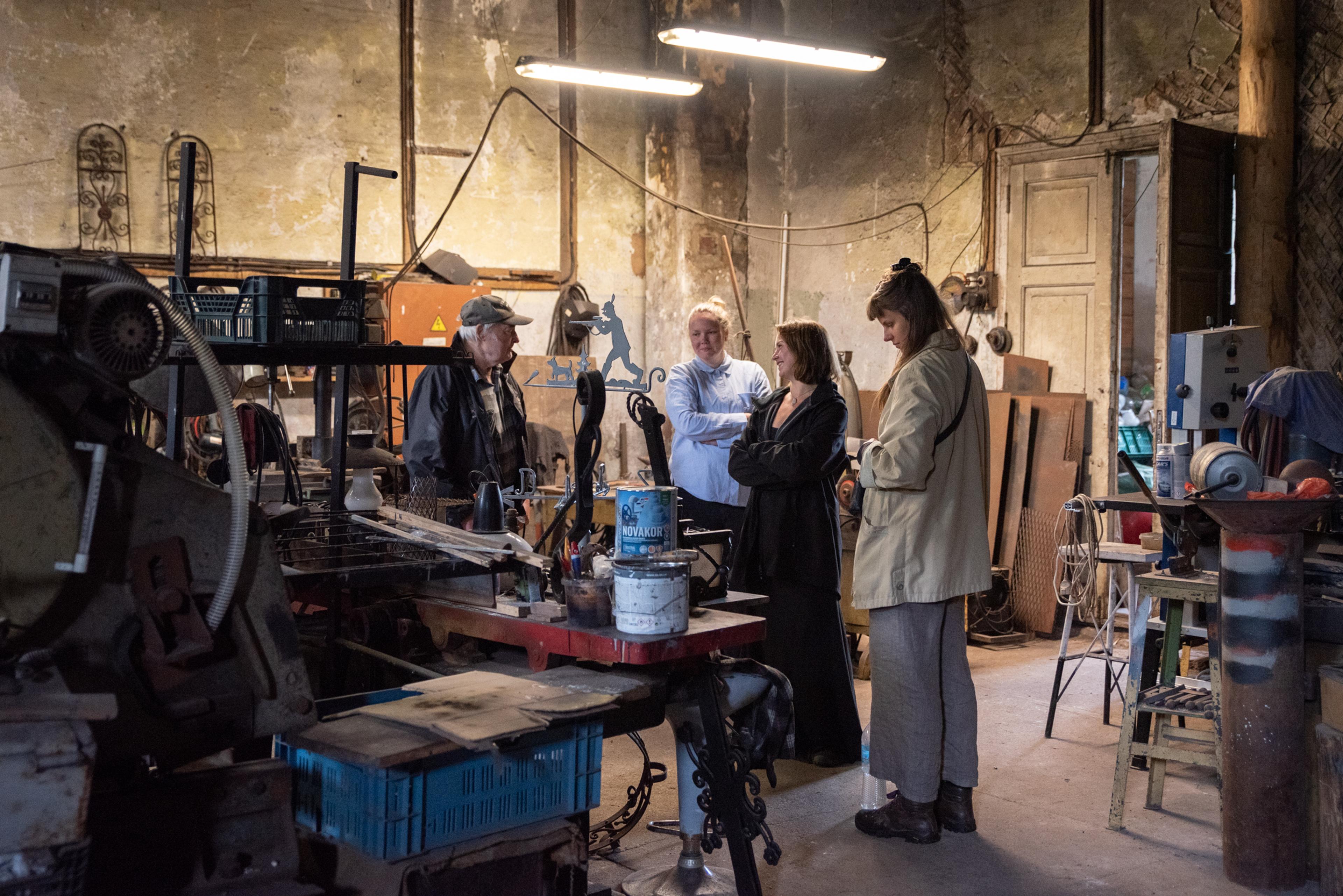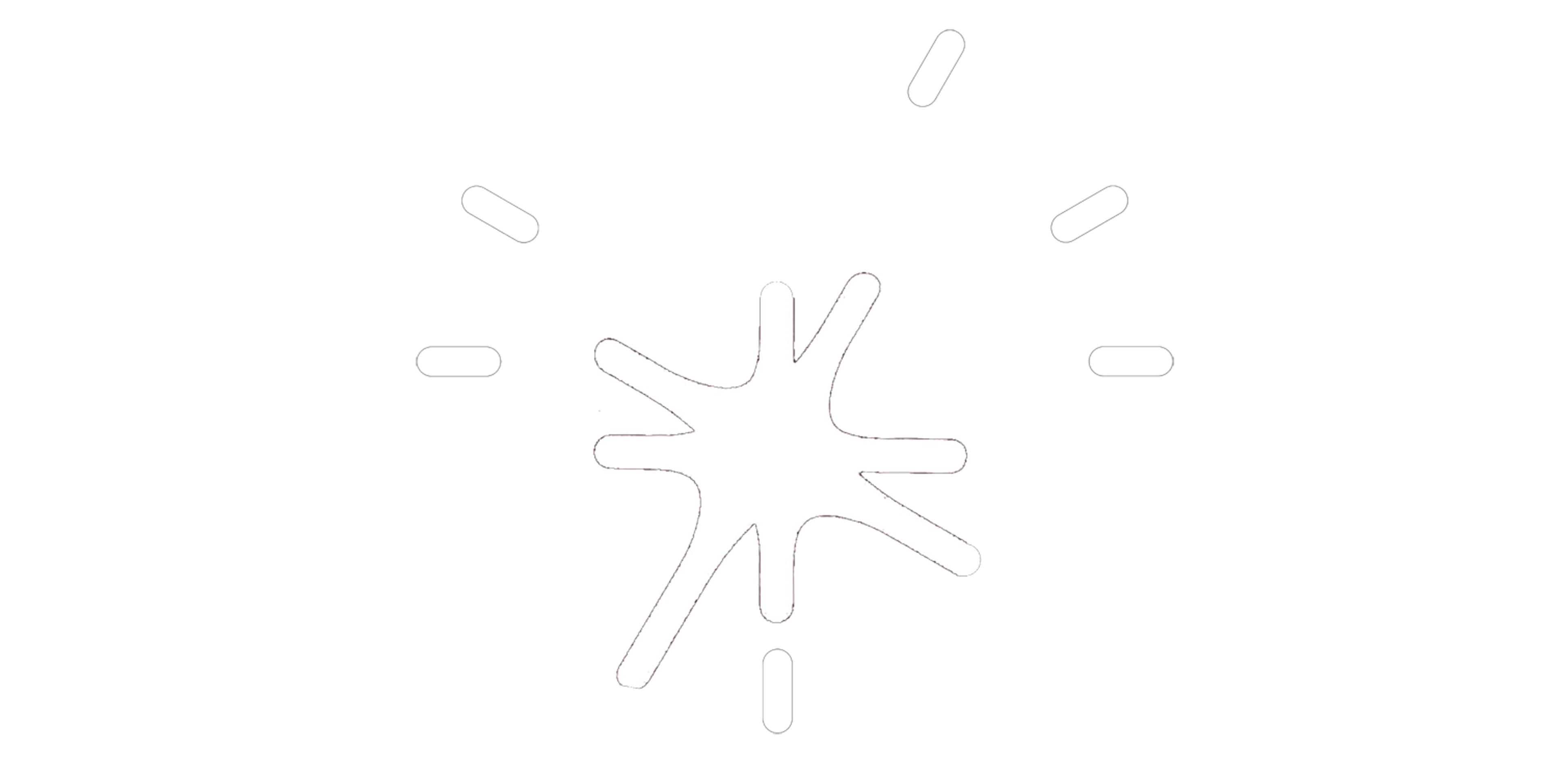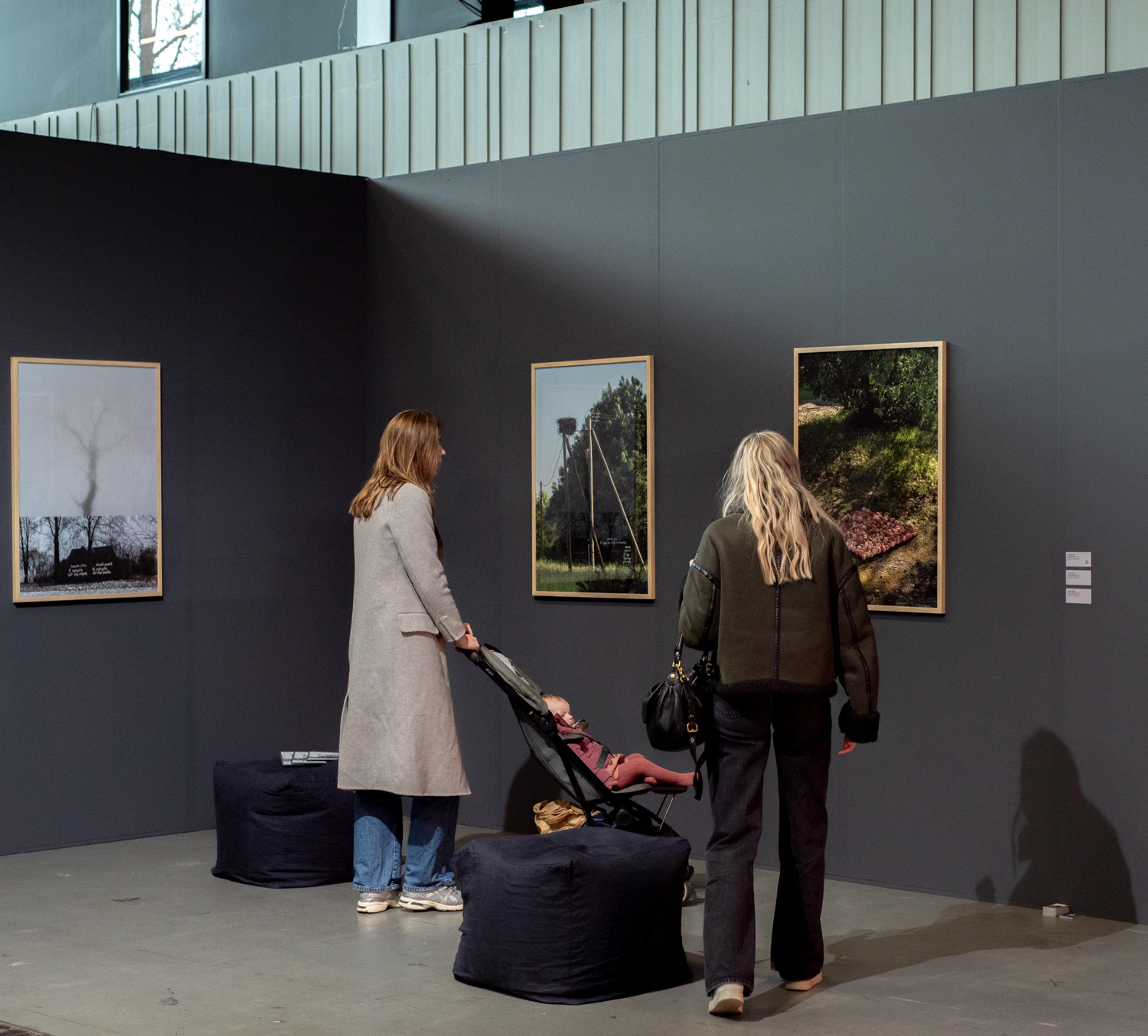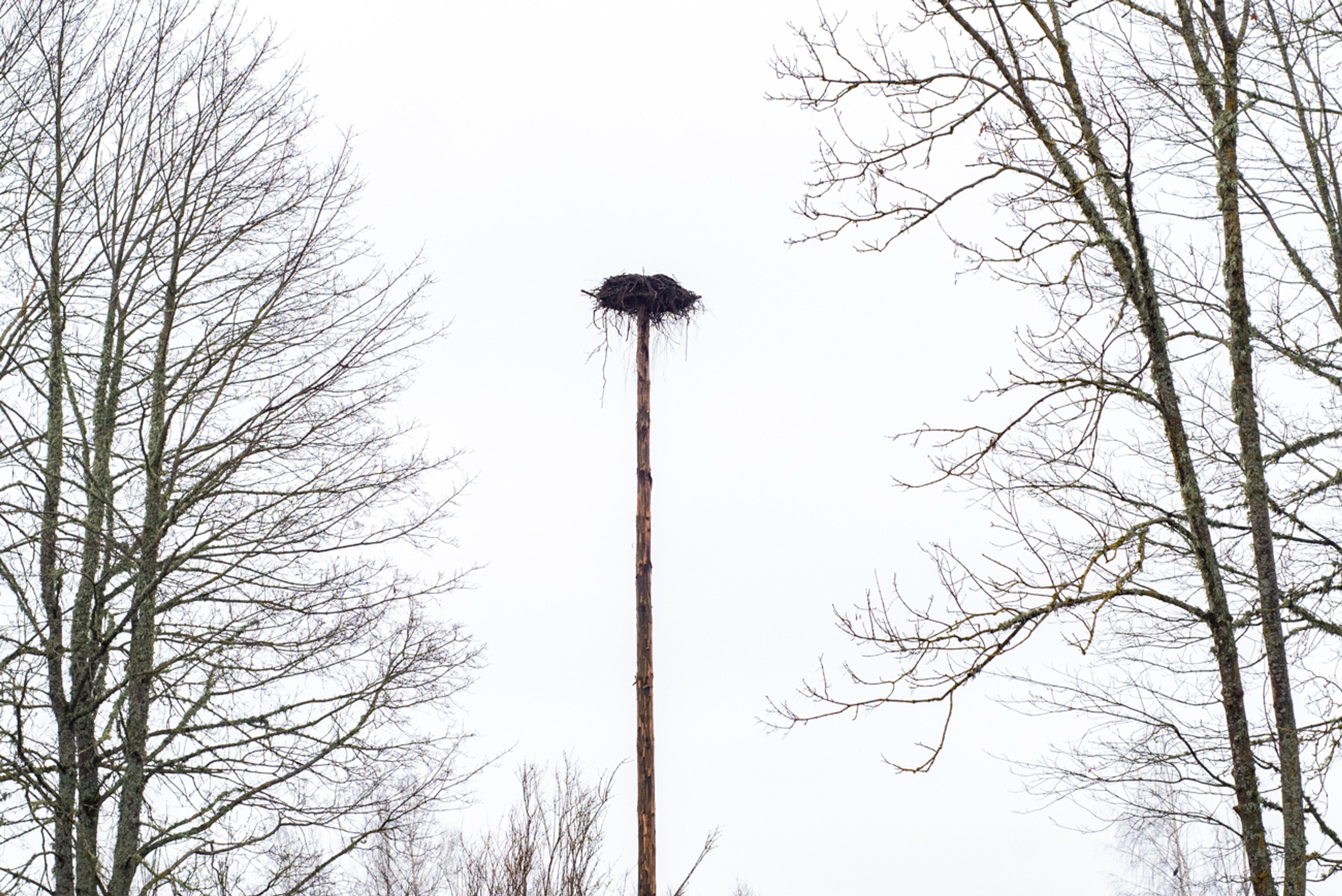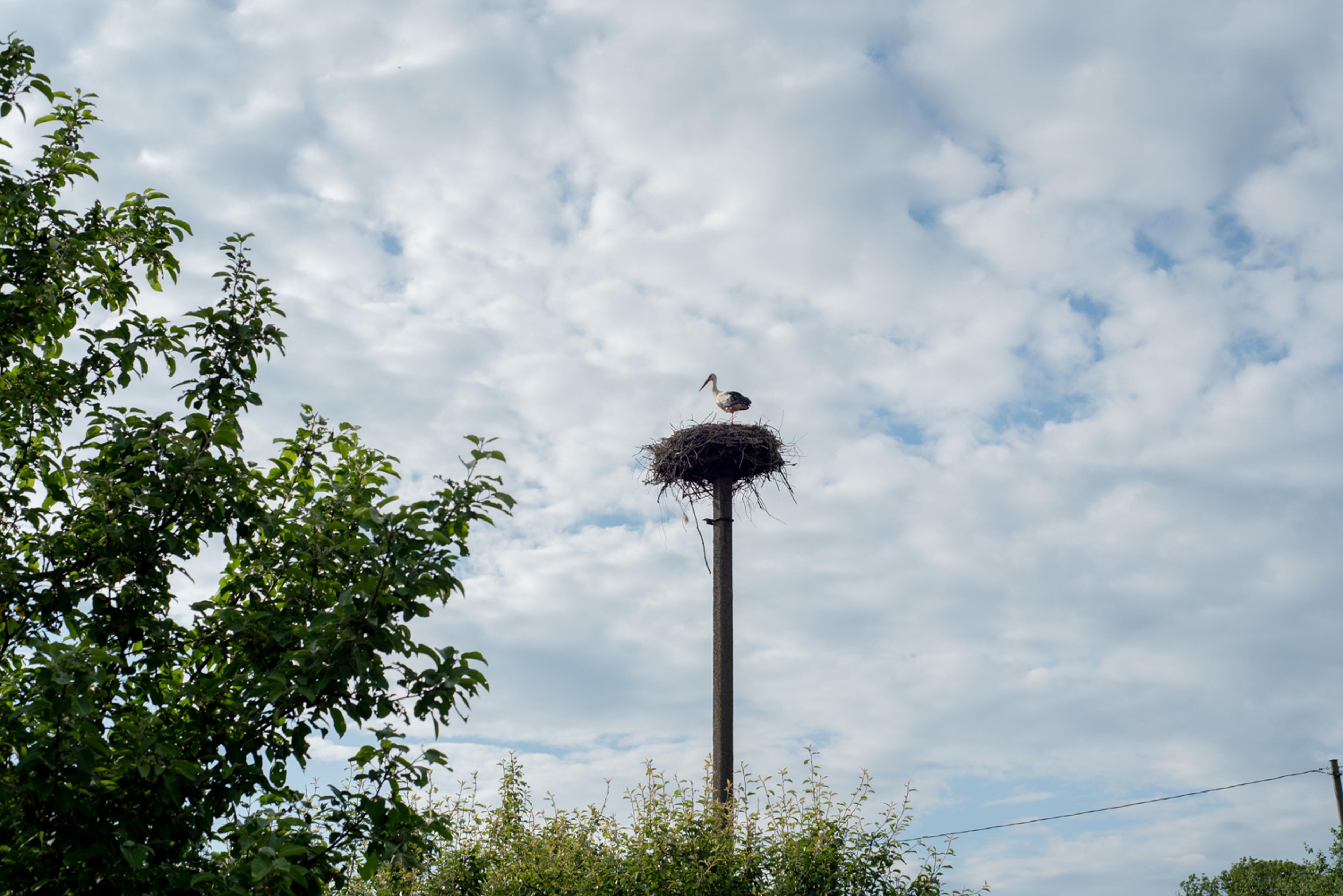RogovkaLV
Rogovka (historically also Nautrēni) is a village in Latvia’s eastern Latgale region, an area with a distinct culture and language. The saying "Crazy or from Rogovka" is well-known throughout Latgale, emphasizing the village's local gravity.
Despite its small population of around 240 residents, the village hosts several institutions including the parish administration, Nautrēni Secondary School, a kindergarten, a sports hall-culture house, a library, a local history museum, a youth center and the Nautrēni Roman Catholic Church. The secondary school also accommodates Children’s Art School and the Methodological Center of Latgale Cultural History and Latgalian Language. Next to a few agriculture businesses, notable spaces of private cultural and entrepreneurial activity are a permaculture gardening School and metal forger workshop.
Rogovka's inhabitants are the most proud of the disproportional number of poets, writers, artists, significant cultural workers, politicians and clergy members that have been born here or in the surrounding area. Though so small, Rogovka holds surprising place in political and cultural significance in Latgalian, Latvian, Eastern European and European anti-imperial histories. Particularly during the period when the Latgalian language was suppressed heavily and publications in the Latin script were banned. In response, a vibrant culture of hand-rewriting books emerged. While this history is remembered within the village, it has often gone untold or unheard.
| Region | Latgale |
|---|---|
| Local partners |
|
| Population | 237 |
| Common fruit, vegetables, animals | Storks |
| Tradition | Annual Latgalian poetry slam, Latgalian literature contest, Folk ensemble festival, permaculture festival |
| Scent | wet soil after a thunderstorm |
| Distances from Rogovka | Distances |
| Coordinators | Indra Gleizde |
The First Visit
Within Rural School of Economics we have been contemplating on the idea to begin a project in rural Latvia. So at the end of May, driven by her own initiative, Indra Gleizde visits Rogovka. Latgale, the eastern region of Latvia, is where she grew up and lived until she graduated from high school. Two of her grandparents were from Rogovka nearby homesteads, and her surname - "Gleizds(-e)" - originates from here as well. In different dialects of Latgalian It means "hard clay land," sometimes referring to blue clay or simply clay.
Being hosted by the kind Daina's Gardening School, the days are spent walking, talking and biking in and around the village.
Furthermore, many hours spent in the village museum Museum of Local History of Nautrēni and library. Surprisingly, there is much to discover, about the local cultural and political history. Even for a someone who is, in theory, almost a local. Questions arise as to why these vital stories have yet to be woven into Latvian history and the broader narrative.
| Region | Latgale |
|---|---|
| Local partners |
|
| Population | 237 |
| Common fruit, vegetables, animals | Storks |
| Tradition | Annual Latgalian poetry slam, Latgalian literature contest, Folk ensemble festival, permaculture festival |
| Scent | wet soil after a thunderstorm |
| Distances from Rogovka | Distances |
| Coordinators | Indra Gleizde |
